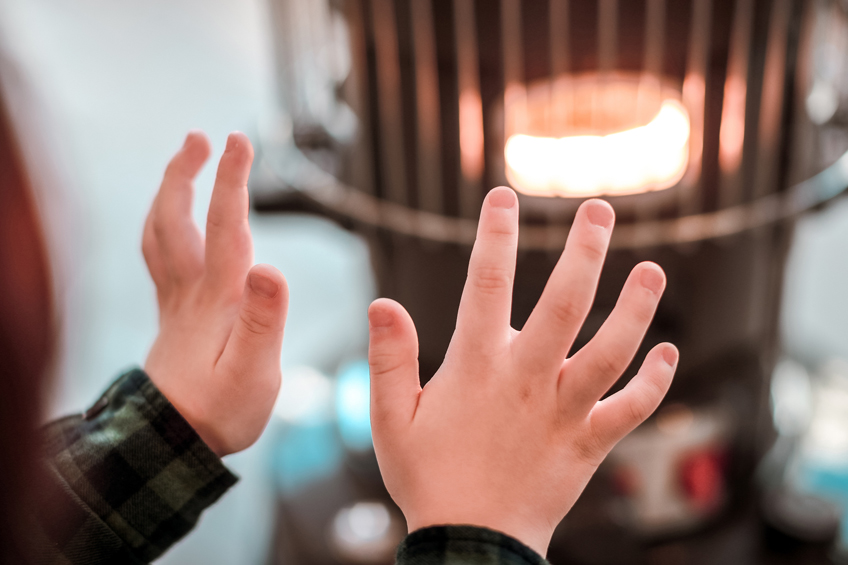Only hours ago, on24-October 2022, Denver temps fell to 31 degrees and a trace of snow was spotted on the ground at the official weather station at Denver International Airport. It was just five months to the day of the late spring snowstorm May 21 that left 210,000 Xcel customers without power.
And you thought summer lasted at least six months out of a year. Wrong.
The weather shift signals it’s time to prepare again for electrical misadventures. Your home electrical systems can strain to keep up with power needs—in the hottest weather and the coldest.
At the top of the list: Don’t rely on space heaters to supplement your heating needs on the coldest of cold days ahead.
According to the National Fire Protection Association, the vast majority of home heating fire deaths (81%) involved space heaters. Firefighters across the USA responded to an average of 48,530 fires annually from 2014 through 2018 involving heating equipment. These home fires resulted in 500 deaths each of the four years plus losses of $1.1 billion in property damage each year.
Most of the fires caused by space heaters could have been thwarted if people had used common-sense safety practices.
- Only plug space heaters directly into wall outlets, not a power strip.
- Don’t use extension cords for space heaters.
- Do not run extension cords under area rugs for your space heater or for that matter for any electrical appliance or lamp!
- Keep space heaters a minimum of 3 ft away from any flammable textile including paper, cardboard, rugs, clothing, bedding, drapes, plus Christmas trees.
- Do not leave a space heater turned on when you leave the room.
- Do not use space heaters when you have children and infants in the home.
Space heaters should be located on flat, uncovered floors; not the kitchen countertop or dining table. Any space heater with a worn cord or any space heater that’s 10 years old should be tossed in the dumpster immediately. Newer space heaters have safety features that were not available a decade ago, like automatic shut-offs, timers, grills to protect against touching the heat elements and more.
Most space heaters use on average 1,500 watts of electricity and cost upwards of 15¢ an hour to operate. The Department of Energy’s EnergyStar program doesn’t certify space heaters. That fact alone should tell you how unsafe it is to rely on a space heater.
Fall is the time to schedule a professional electrical review of your home’s electrical systems. And since interest rates have skyrocketed, now’s the time to make electrical home improvements that will allow you to enjoy your living space vs. moving.
Consider installing a mini-split electrical heating system in rooms of your home you might otherwise not heat year-round, like the enclosed sunroom or garage. Adding mini-splits to these lesser used areas eliminates the need to add ductwork to your existing HVAC.
Or how about hooking up wall-mount heated towel racks in the bathroom? That’s a cozy thought for winter showers.
If you’re tired of not having adequate bathroom lighting to apply your makeup so that you don’t look like Tammy Faye, invest in a vanity mirror that features lights included in the mirror built into it. This requires an outlet behind the mirror.
Undercabinet lighting will give you an improved perspective on your countertop food prep. Don’t justify a DIY strip of battery operated undercabinet lighting from Ikea. Your kitchen will be wholly modernized with a professionally installed undercabinet lighting system operated by a wall switch.
Add ceiling fans in your bedroom, kitchen and TV room. They not only cool in summer but help to evenly distribute heat in winter. Switch the blade direction on the same schedule you spring forward and fall back. During summer, operate your ceiling fan in the counterclockwise direction. The airflow creates a wind-chill that’s welcome in 90-degree weather. Reverse the fan blades to the clockwise direction for winter months creating a gentle updraft and recirculating heat downward.
Above all else, do not DIY your electrical needs. Call a pro like Allstar Electrical for a precision review of your home’s electrical operations and be prepared for a better winter.


